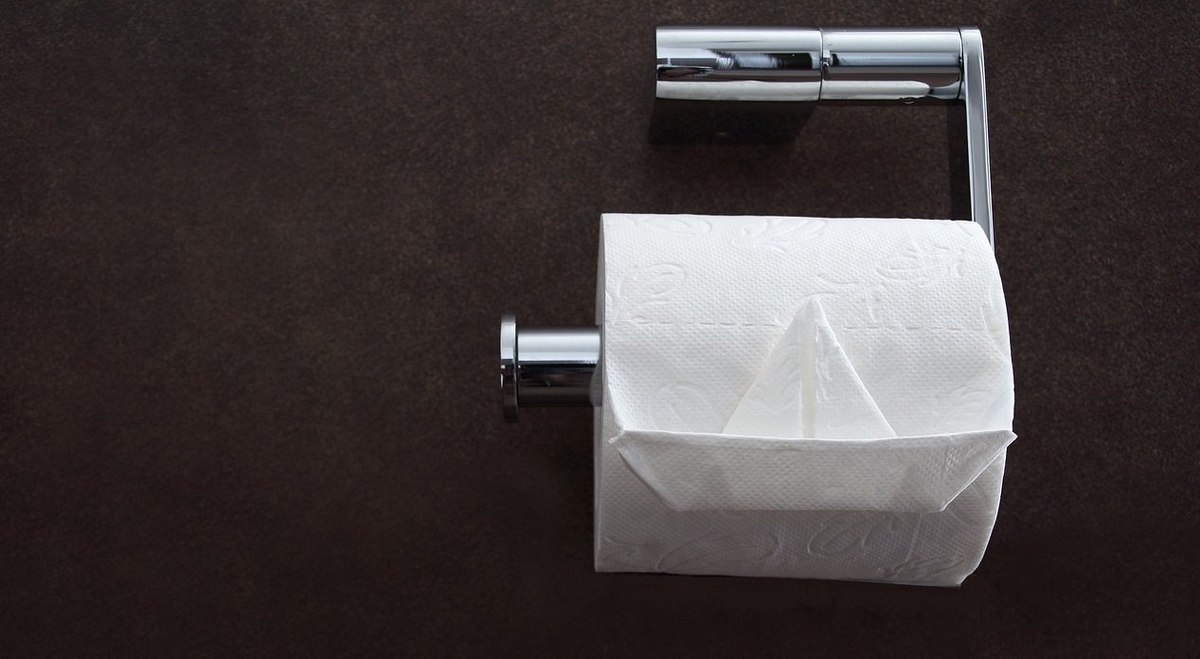
Stress reduction and mental well-being are key motivators for Britons practicing self-care
July 24 marks International Self-Care Day, a global initiative highlighting the importance of prioritising our well-being. Recent years have seen a surge in awareness surrounding self-care, with individuals acknowledging the need to nurture their physical, mental and emotional health.
A YouGov survey conducted among British adults sheds light on how people are incorporating self-care practices into their lives. The findings reveal that 24% of Britons engage in self-care activities every day, with an additional 44% engaging in a self-care activity at least once a week. The survey also suggests that women (85%) are slightly more likely than men (78%) to prioritise self-care.
What self-care activities do Britons practice?
Topping the list are activities that foster connection and well-being: spending time with family and friends (56%) and walking in nature (55%). Reading (53%) provides a popular form of mental stimulation, while regular exercise (50%) and eating healthy (47%) remain cornerstones of physical well-being.
While these activities dominate the self-care landscape, Britons who practice self-care indicate a wider range of practices. More than a quarter say they take a relaxing bath (28%), indulge in retail therapy (27%). Fewer people seek meditation (13%), yoga (11%) and spa treatments (10%), while the lowest share engage in a digital detox (6%).
The survey reveals a slight gender divide in self-care preferences. Among those who practice self-care, women are more likely than men to engage in activities like spending time with loved ones (63% vs. 47%) and reading (60% vs. 45%). Men, on the other hand, favour physical health-boosting activities like exercise (55% vs. 45%), while walking in nature remains a popular choice for both gender groups (54% of men and 57% of women).
Motivations for self-care
The most prominent driver behind self-care is the desire to enhance mental and emotional well-being (53%), followed closely by a focus on improving physical health (52%) and managing stress (45%).
Further analysis reveals gender-specific motivations. Women are more likely to engage in self-care to enhance their mental and emotional well-being (61%) and manage stress (50%). For men, improving physical health is the primary motivator (55%).
Around a quarter of women say they are motivated to engage in self-care activities to prevent burn out (25%), compared to only 17% of men.
The benefits of self-care
The motivation behind engaging in self-care activities turn into benefits with many Britons experiencing positive changes since incorporating these practices into their lives. Around two-fifths (42%) of respondents report improved physical health after incorporating self-care into their routines. Stress reduction is another key benefit, with 40% experiencing significant improvement. Enhanced mental and emotional well-being (40%), increased energy levels (24%), and improved self-esteem and self-worth (23%) are also frequently reported benefits.
Explore our living data – for free
Discover more health and pharma content here
Want to run your own research? Run a survey now
Make smarter business decisions with better intelligence. Understand exactly what your audience is thinking by leveraging our panel of 26 million+ members. Speak with us today.
Methodology: YouGov Surveys: Serviced provides quick survey results from nationally representative or targeted audiences in multiple markets. This study was conducted online on July 11-12, 2024, with a nationally representative sample of 2,081 adults in UK (aged 18+ years), using a questionnaire designed by YouGov. Data figures have been weighted by age, gender, education, social grade and region to be representative of all adults. Learn more about YouGov Surveys: Serviced.
Image: Getty Images

































